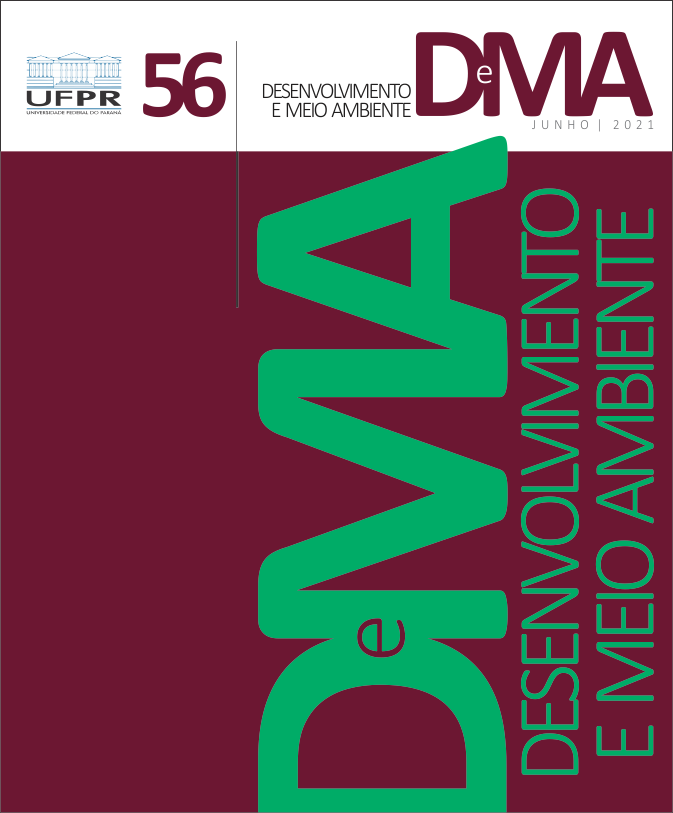A Laboratory without walls: biodiversity education in nutrition training using a garden-based learning method
DOI:
https://doi.org/10.5380/dma.v56i0.70990Palavras-chave:
food plants, food and nutrition security, higher education, problem-based learningResumo
In the field of nutrition, there is a growing demand for human resources to have the capacity to promote sustainable diets. Nutrition science, however, faces challenges that limit its capacity to build a proper workforce to respond to this demand. The lack of knowledge about biodiversity, central to sustainable diets, is one of them. This deficiency is partly caused by fragmented traditions of thought – social, environmental, and biological - in the area. We argue that biodiversity education with the support of the Garden-Based Learning (GBL) method can help in approaching this limitation. The study is an experience report of professors and students involved in a garden laboratory in the nutrition program at a public university in northeastern Brazil. We describe the laboratory's history, design, and our working methodology focused on the theme of Unconventional Food Plants. We present examples of the application of the method from experiences with plants studied in 2019. The use of the GBL method provided opportunities for actions to address the challenges presented by biodiversity education: discussion of professors' capacities, the institutionalization of the laboratory, the inclusion of a course on Sustainable food systems in the curriculum, work with a multi-professional team, strengthening community ties and adapting tools for cross-cultural contexts. In these actions, we systematically approach knowledge about taxonomy, phylogeny, ecosystems, and cultural diversity. The scarcity of literature on the subject limited our capacity to analyze our work within a frame of reference. We hope our report can encourage similar initiatives by guiding the use of the method. In future research, we intend to measure the impact of these strategies on the development of competencies for working with biodiversity in nutrition training.
Downloads
Publicado
Como Citar
Edição
Seção
Licença
Os Direitos Autorais sobre trabalhos publicados nesta revista são do autor, com direitos de primeira publicação para a revista. O conteúdo dos trabalhos publicados é de inteira responsabilidade dos autores. A DMA é um periódico de acesso aberto (open access), e adota a licença Creative Commons Atribuição 4.0 Não Adaptada (CC-BY), desde janeiro de 2023. Portanto, ao serem publicados por esta Revista, os artigos são de livre uso para compartilhar (copiar e redistribuir o material em qualquer suporte ou formato para qualquer fim, mesmo que comercial) e adaptar (remixar, transformar, e criar a partir do material para qualquer fim, mesmo que comercial). É preciso dar o crédito apropriado, prover um link para a licença e indicar se mudanças foram feitas.
Os conteúdos publicados pela DMA do v. 53 de 2020 ao v. 60 de 2022 são protegidos pela licença Creative Commons Atribuição – Não Comercial – Sem Derivações 4.0 Internacional.
A DMA é uma revista de acesso aberto desde a sua criação, entretanto, do v.1 de 2000 ao v. 52 de 2019, o periódico não adotava uma licença Creative Commons e, portanto, o tipo de licença não é indicado na página inicial dos artigos.









.png)





